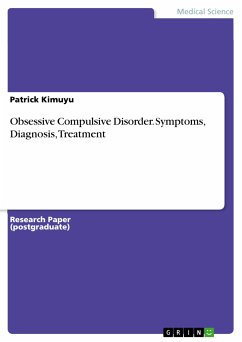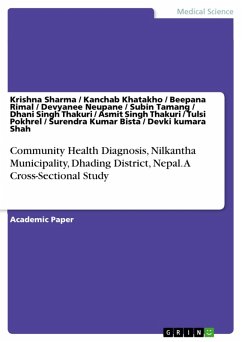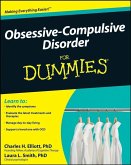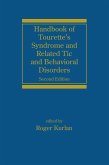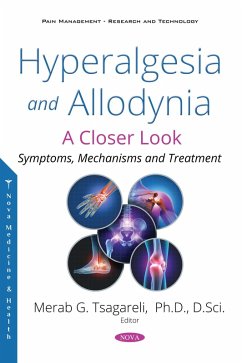Research Paper (postgraduate) from the year 2017 in the subject Health - Public Health, grade: 1, Egerton University, language: English, abstract: The aim of this paper is to integrate clinical diagnosis with Evidence Based interventions in the management of obsessive and compulsive disorder among children and adolescents. Obsessive Compulsive Disorder (OCD) is a neuropsychiatric disorder often characterized by the manifestation of obsessive and compulsive actions that are time consuming and interfere with the client's life. OCD is characterized by recurrent obsessive thoughts or mental images that are disturbing, unwanted and cause distress. The obsessions are distasteful, senseless, and to some people, repugnant. The compulsions are the thoughts that an individual suffering from OCD performs in the attempt to suppress or overcome their obsessions. The compulsive behavior typically involve repetition of some behavior such as washing, avoiding, or checking, or some mental acts that the individual feels compelled to do so as to avoid a dreaded outcome or reduce the distress. These activities are of bizarre quality because they do not relate to what they are supposed to neutralize or in some instances, prevent.
Dieser Download kann aus rechtlichen Gründen nur mit Rechnungsadresse in A, B, BG, CY, CZ, D, DK, EW, E, FIN, F, GR, HR, H, IRL, I, LT, L, LR, M, NL, PL, P, R, S, SLO, SK ausgeliefert werden.

